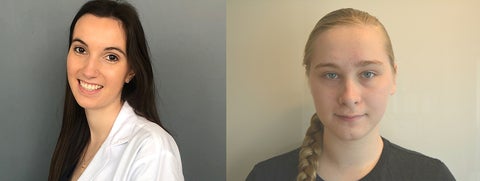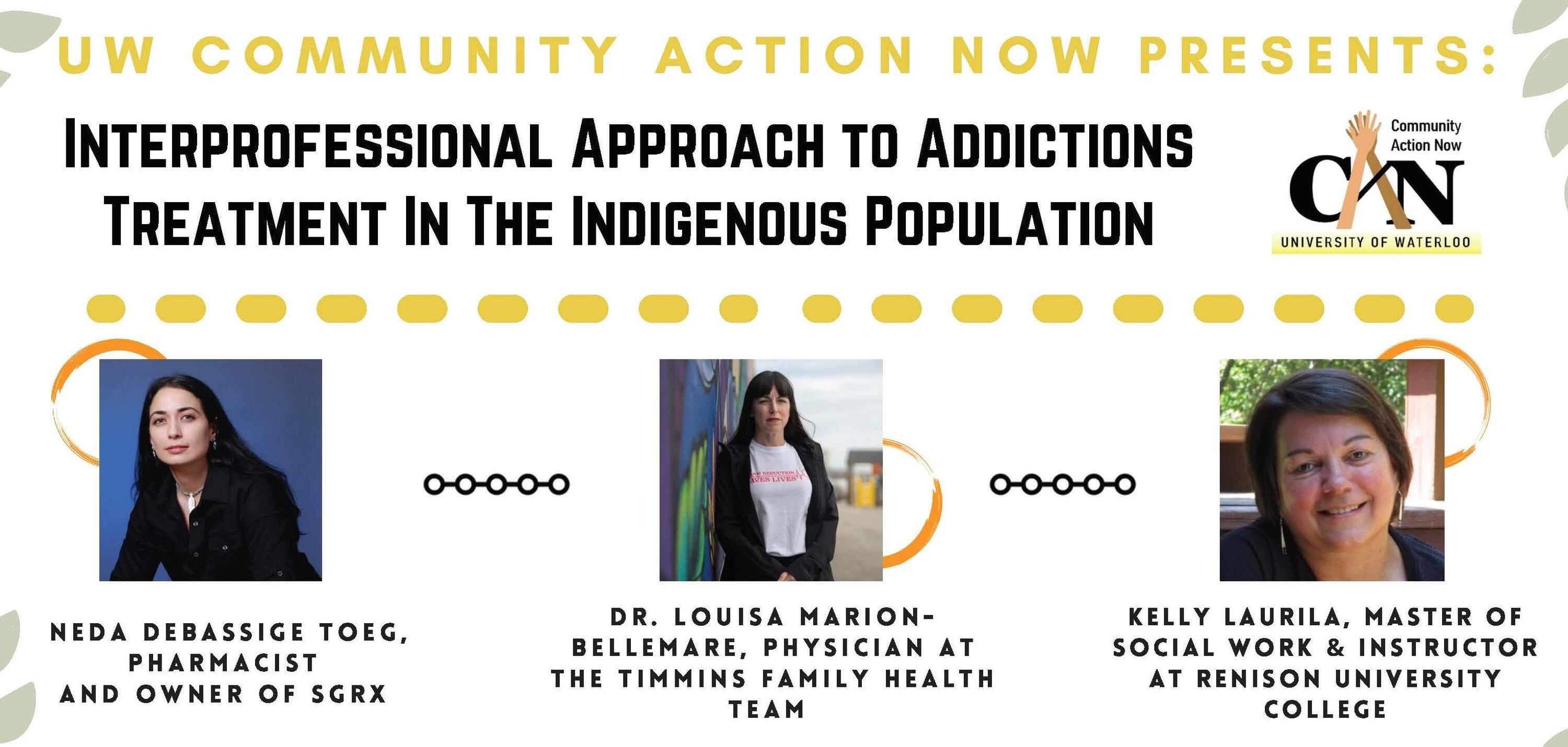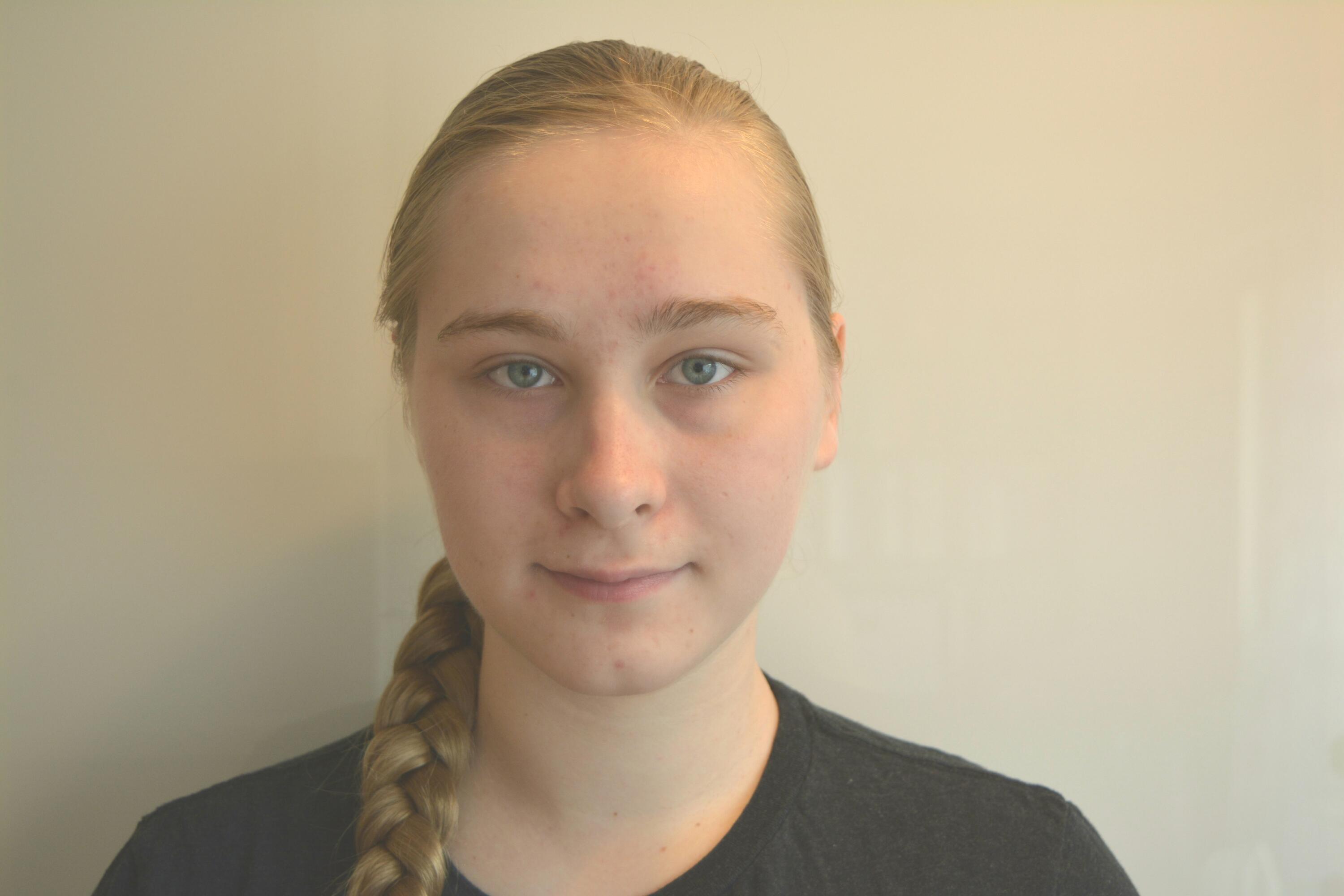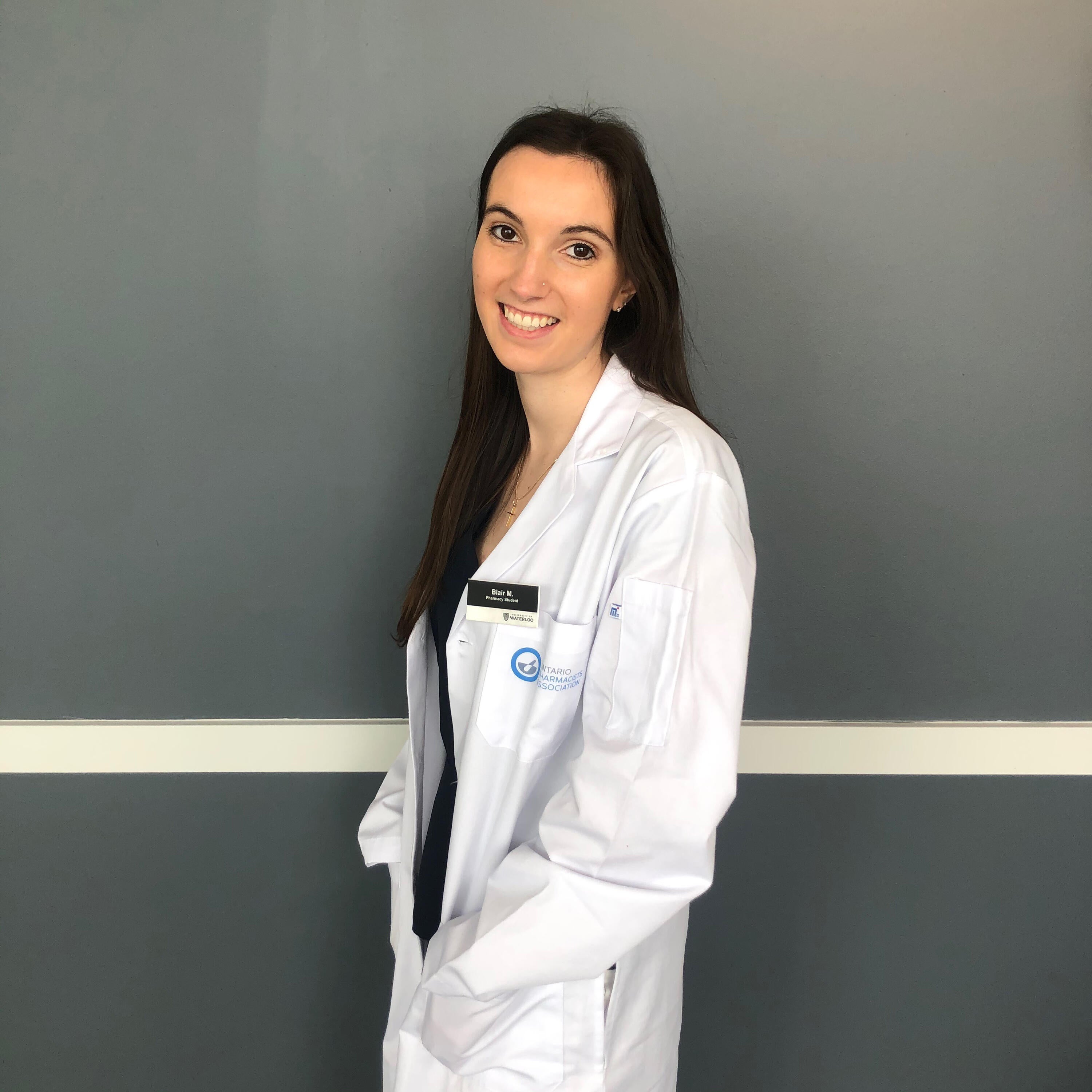
Reflections on Indigenous health

Two students share thoughts on an event featuring Indigenous speakers from various health-care professions
This summer, the Community Action Now student club hosted the event Interprofessional Approach to Addictions Treatment in the Indigenous Population. This unique event featured three Indigenous speakers from across Ontario:
- Neda Debassige Toeg, pharmacist and owner of Sweetgrass Pharmacy and Compounding on the M’Chigeeng Indian Reserve 22 on Manitoulin Island
- Louisa Marion-Bellemare, Physician at the Timmins Family Health Team
- Kelly Laurila, Master of Social Work and Instructor at Renison University College in Waterl
Students reflect on what they learned from these speakers:
Victoria Mikhnovskaya, Rx2024

Through the speakers’ remarks, I learned the importance of empathy and listening to individuals' stories. I would consider myself an empathetic person; however, this event really opened my eyes to how easily we can fall into the trap of judging others without hearing out their thoughts, feelings and experiences that have led to the decisions that they have made. This is especially true when providing care for Indigenous individuals, who have experienced so much intergenerational trauma. We need to listen to them and make them a part of the care we provide. That way we can create a stronger circle of trust and a healthcare system that is non-discriminatory.
Blair McCullough, Rx2024

Going into practice after I graduate, I have been deeply impacted by this presentation and what Neda and Louisa had to say about the pharmacist’s role. I learned more about NIHB and the role that pharmacists can play advocating for over-the-counter medications for Indigenous individuals. To my surprise, pharmacists do not take advantage of the NIHB program all the time, as it requires a lot of administrative work. I’ve learned how, as a health-care worker, I can step up to advocate for Indigenous patients. As a pharmacist it is our duty to provide care equally for everyone. It is within our code of ethics, and we need to go the extra step and use the resources available.